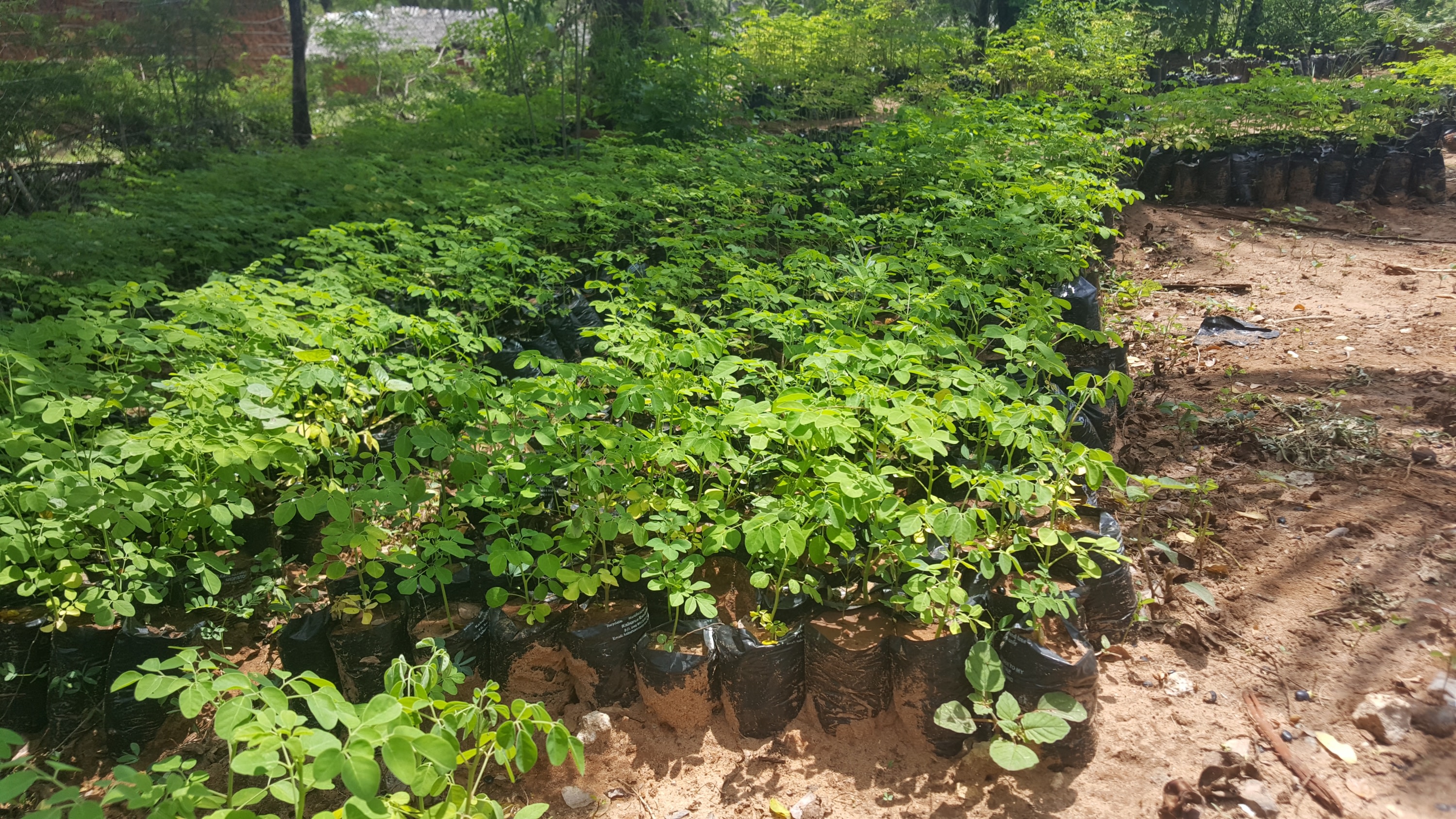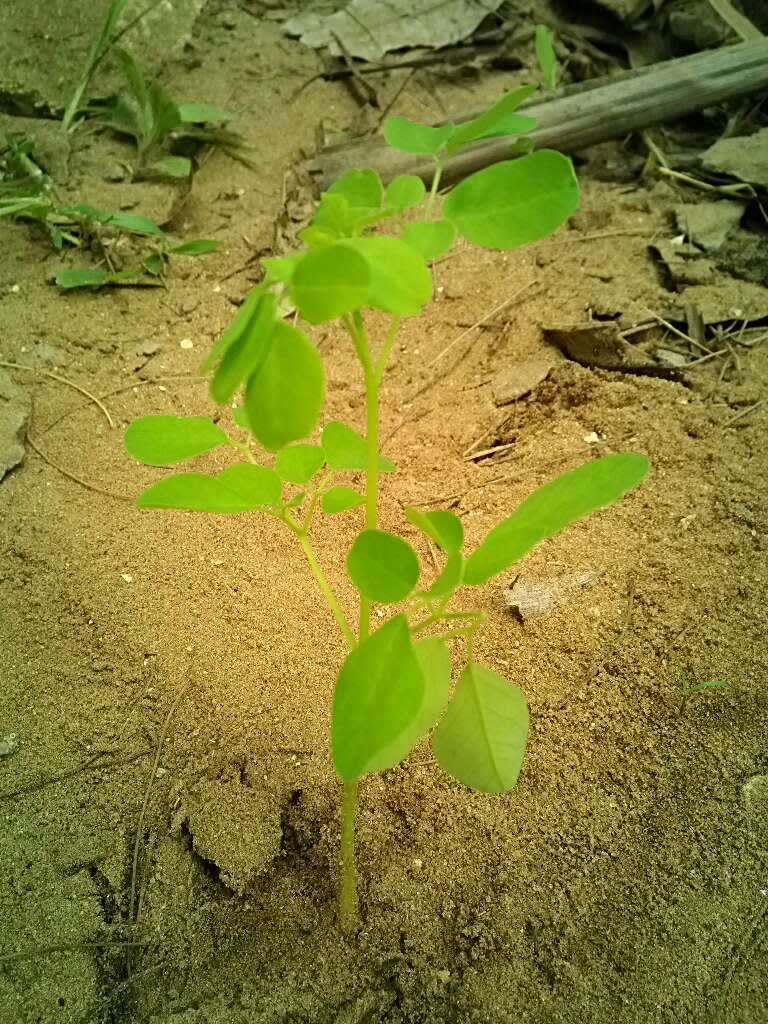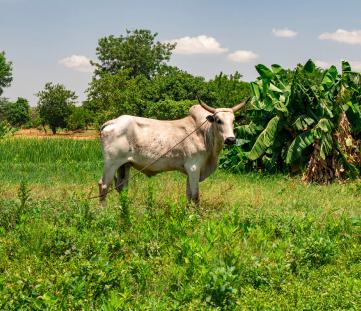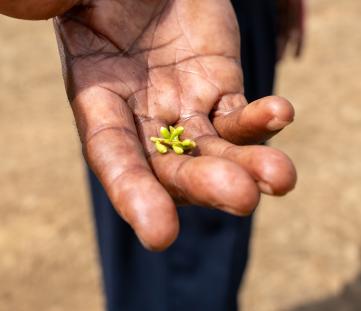ID: M93-65J
ID: M93-65J
Moringa
Moringa oleifera
Photo
Kenya
16:54 - 28°C
My connections
My ID card
Who am I?
Date of birth
12/20/2019
Name
Moringa
Tree
Moringa
Where am I located?
Country
Kenya
Place of birth
Matsangoni ward
Coordinates
3° 23′ 59.76″ S
39° 55′ 54″ E
/39.931667972293,-3.3999341183983,0/500x333@2x?access_token=pk.eyJ1IjoidG9tbWFzb3NwZXJvbmkiLCJhIjoiY2tnOTE3eW12MDJqazMybXNzOWV1YjloOSJ9.wtGsuDU7XIKjcv2cq8CiXw&logo=false&attribution=false)
My Timeline
The important moments in your tree's life.
Seed
It all starts with a tiny seed, nice and warm in the soil.
Nursery
Your seedling is big enough to be welcomed into one of our nurseries, along with many others.
Planted
We’re here! Your tree has reached its new home: it’s been planted by a smallholder, who’ll take care of it for years to come.
Photo
Strike a pose! Now that it’s big enough, here’s a photo of your tree!
My Gallery
Nursery

Planted
/39.931667972293,-3.3999341183983,0/500x333@2x?access_token=pk.eyJ1IjoidG9tbWFzb3NwZXJvbmkiLCJhIjoiY2tnOTE3eW12MDJqazMybXNzOWV1YjloOSJ9.wtGsuDU7XIKjcv2cq8CiXw&logo=false&attribution=false)
39° 55′ 54″ E
Photo

Curiosity about me
The important moments in your tree's life.
Let's start with introductions
It has a trunk erect but soft and spongy. The wood of Moringa is weak to the point that the branches, thin and twisted, are pendulous. The flowers are creamy white in color, are excellent producers of nectar for bees. It is planted to facilitate agricultural cultivation. Thanks to its fertilizers, naturally enriches soils impoverished.
Meaning
Fortune
Horseradish is said to cure over 300 diseases: planting one means procuring the best possible talisman for good luck.

How much CO2 I’ll absorb
My estimated CO2 absorption capacity is based on the first 10 years of my life*
Current absorption
- 100 kg
2019
0 kg
2029
-200 kg
* The tree will continue to absorb CO2 even after the tenth year. Therefore this is a prudent estimate.
How I am useful to local communities

Consumption and sales
Its fruits, seeds and/or leaves are used as food in the farmers' families or are sold on local markets.

Livestock
Its leaves, either fresh or dried-out, are used as food for livestock.

Medicine
Its leaves, roots, bark and/or fruits are used in traditional medicine.
My benefits
50%
Food Security
The trees will bear fruits, some that will be edible immediately and others that can become edible through processing, ensuring food resources over time.
60%
Economic development
The trees' fruits and the products derived from their transformation can be traded in local networks, offering income opportunities.
40%
CO₂ Absorption
During its life cycle, each tree will absorb CO₂. The trees you plant can offset your emissions.
70%
Environmental protection
The trees are planted in agroforestry systems that favor the virtuous interaction between the different species and their positive impact on the environment and on the land.